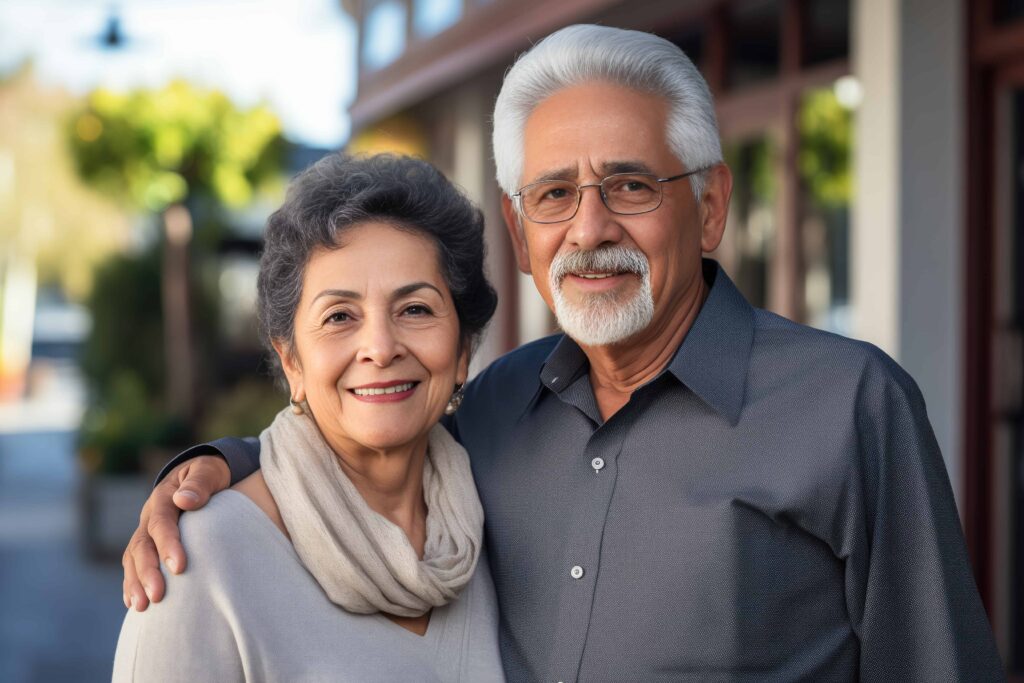
Question:
“I was picked up in the hills when I tried to enter the U.S. My husband got his papers through a program for Cubans. I’m from the Dominican Republic. He was able to get me out of immigration jail because we have a three-year old daughter. I have a court hearing coming up. My husband wants to help me file papers, but he is not yet a U.S citizen. A friend told him to immigrate me under the Cuban program. We don’t know what to do.”
(Submitted by Xandra Y., Encinitas, CA)
Answer:
Your case presents a fairly unusual possibility to perhaps win your case. This is because your husband is from Cuba.
I’ll briefly explain.
I’m not exactly sure how your husband became a lawful permanent resident. I suspect it was through a special immigration program called the Cuban Adjustment Act. (Some people refer to it as CAA.)
Under this one-of-a-kind government policy, any citizen of Cuba is able to apply for a green card after being in the U.S. for one year after inspection by an immigration officer. This is often called “the one year and one day rule”.
Being the spouse of a Cuban citizen, you may qualify to seek protection from deportation under the Cuban Adjustment Act, despite the fact that you are not Cuban. You are entitled to apply for permanent resident status after being in the U.S. for a year and a day, if you can meet all the requirements.
This point is not understood by many immigration lawyers and government attorneys. In fact, I’ve been involved with cases where this requirement confuses judges. They think that you had to be married to a Cuban spouse before he won permanent residency.
They’re wrong. It does not matter if you were not married until after your husband won his CAA case.
However, there is a living together rule.
Based on what you wrote, it seems you fulfill this requirement.
In short, as long as you are still living with your husband, you can apply under the CAA for a green card.
You did not have to live with him or be married to him when he won his case. The rule is that the two of you must be residing together and married when you apply.

BATARA IMMIGRATION LAW INSIGHTS
Why The Cuban Adjustment Act Is A Unique Path To Permanent Residence
Another requirement is that in order to qualify, you had to be inspected and admitted by an immigration officer.
It seems you also meet this requirement.
When your husband was allowed to pick you up, I think you were granted “parole.” This means the officer gave you permission to enter the U.S. for a limited time – most likely until your court hearings are over. If my hunch is correct, then such permission counts as an inspection and admission.
There are two issues which could have a negative effect on your right to seek CAA protection.
How your husband came to the U.S. before he won his case is one possible stumbling block.
Basically, some courts have said if a Cuban immigrant entered the U.S. as a refugee, he was not officially inspected, admitted, or paroled. In these cases, his wife from a different country does not qualify for a green card under the Cuban Adjustment Act.
To figure this out, I think your husband should hire an immigration expert to help him obtain and study his old records and documents.
Another sticky point is your husband’s immigration status.
You mentioned that your husband is “not yet a U.S. citizen”. This leads me to believe that perhaps your husband has already applied for citizenship. Perhaps he already went to his naturalization interview and is only waiting for the oath ceremony to take place.
I bring this up because once he becomes a citizen, you are no longer eligible for a green card under the Cuban Adjustment Act.
You would have to apply for residency as the spouse of a U.S. citizen. This could make your case a lot harder to win.
For example, if your daughter was born in the United States, this means when you were picked up at the hills, this was not your first entry into the country.
Depending on how long you lived here before you left, and how many times you left and re-entered, you may not be allowed to adjust your status in the U.S. without first going home for an interview.
Exits and entries are critical issues in many immigration cases.
This history could make your case much, much harder and far more complicated than applying under the Cuban Adjustment Act.
Although it might sound backwards, it may be in your best interests for your husband to not seek to naturalize at this time, and not until you have acquired permanent resident status.
To be on the safe side, before you or your husband take any more steps, I strongly recommend that you speak to an attorney who understands not only green card law, but also the Cuban Adjustment Act.
One important final note. Because the United States and Cuban governments are in the process of restoring full diplomatic ties, several older immigration policies such as CAA may soon be revised or terminated.
Thus, if you plan to rely on the Cuban Adjustment Act at your immigration court hearing, delay could undermine your chance for success.
Ready to take a serious and honest look at the strengths and weaknesses of your immigration case? Let’s get started with a strategy and planning session . . .





